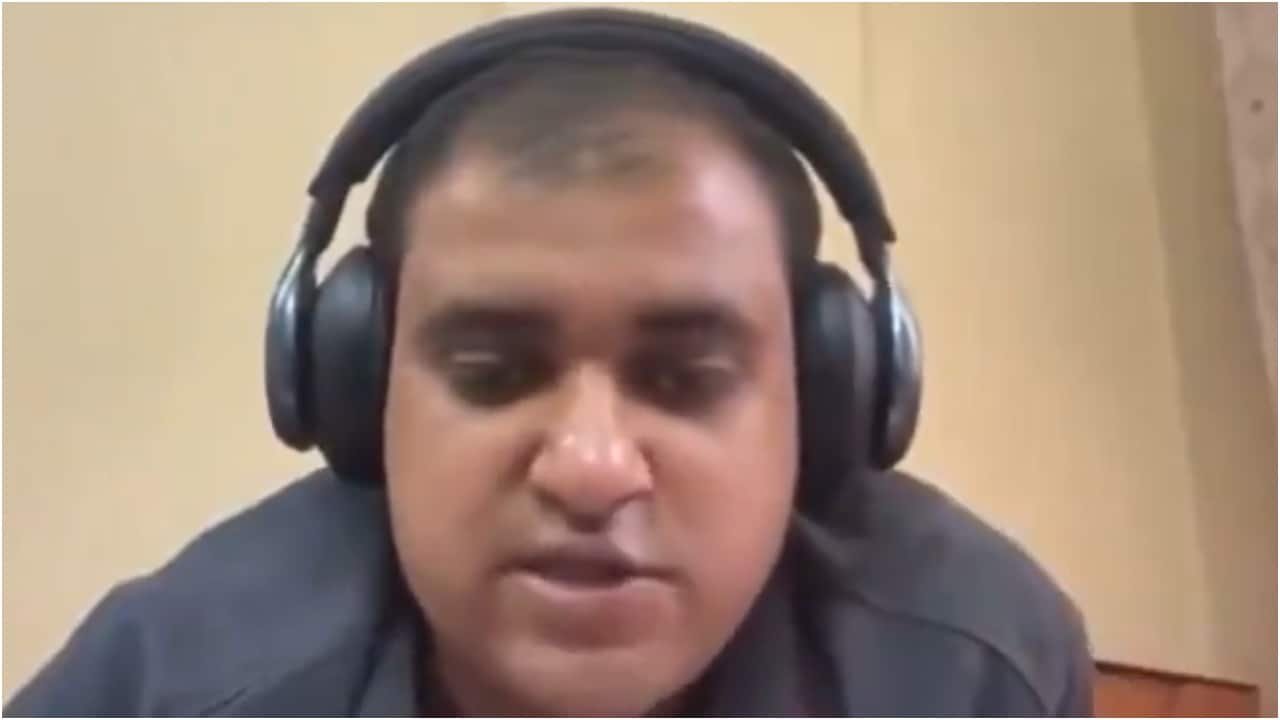 |
|
The tragic suicide of 34-year-old Atul Subhash, a Bengaluru-based engineer, has ignited a firestorm of controversy on social media, raising profound questions about the legal protections afforded to men in India embroiled in marital disputes. Subhash left behind a comprehensive 24-page suicide note and a 90-minute video detailing his accusations of relentless harassment from his estranged wife, Nikita Singhania, her family, and even a family court judge, Reeta Kaushik. These accusations, which are now the subject of a police investigation, paint a grim picture of emotional and financial distress, culminating in Subhash's desperate act. The Bengaluru police, responding to a complaint filed by Subhash’s brother, Bikas Kumar, have registered an FIR against Nikita Singhania, her mother Nisha Singhania, her brother Anurag Singhania, her uncle Sushil Singhania, and Judge Kaushik under sections 108 and 3(5) of the relevant legislation (presumably the Indian Penal Code or a similar state law). The specifics of these sections would need to be examined to understand the nature of the charges and the potential penalties.
The intense public reaction has primarily focused on Accenture, the company where Subhash's wife, Nikita Singhania, is employed. An avalanche of online posts, particularly on X (formerly Twitter), has demanded her immediate termination, with some users issuing ultimatums to Accenture. The sheer volume of these demands forced Accenture to lock its official X account, a move interpreted by many as an attempt to avoid addressing the issue directly. This action, however, has only served to fuel the flames of public outrage, with critics accusing Accenture of complicity by its silence. BJP advocate Ashutosh Dubey's public criticism highlights the escalating pressure on Accenture to take a definitive stand – either terminating Singhania's employment or facing further public condemnation. The lack of transparency and the company's seemingly reactive approach have amplified the narrative surrounding the case, shifting the focus beyond the immediate tragedy to broader concerns about corporate responsibility and the treatment of women in the workplace amidst allegations of serious wrongdoing.
Beyond the immediate demands for Nikita Singhania's dismissal, the case has sparked a wider conversation about the challenges faced by men in marital disputes within the Indian legal system. Journalist Nupur J Sharma's comments, while controversial, highlight the prevailing sentiment among some sections of the public who feel the existing legal framework is heavily biased against men. Sharma’s calls for the arrest of Singhania and prosecution of the judge underscore the feeling that justice hasn’t been served and that systemic issues contribute to such tragic outcomes. The criticisms of the legal system center on allegations of unequal application of the law, excessive financial burdens on men facing false allegations, and a lack of adequate support mechanisms for men experiencing domestic violence or marital conflict. This aspect of the debate raises complex issues about gender equality, the need for balanced legal protections, and the potential for abuse of legal processes. The narrative emerging from Subhash's suicide note and video emphasizes the significant emotional and financial toll of prolonged legal battles, highlighting the alleged nine cases filed against him by his wife, often involving demands for substantial alimony. This paints a picture of a system that can become a tool for exploitation rather than a pathway to justice. The final messages attributed to Subhash, tagging Elon Musk and Donald Trump, tragically emphasize the sense of despair and hopelessness that accompanied his final decision.
The case of Atul Subhash serves as a tragic illustration of a broader problem: the need for reform in laws governing marital disputes in India. While the specifics of Subhash's situation require a thorough investigation and impartial judgment, the intense public reaction underscores a widespread feeling of injustice and a lack of adequate safeguards for men facing accusations of domestic abuse or marital misconduct. The call for balanced legal frameworks that ensure justice for both men and women is echoed in numerous online discussions. The focus extends beyond the legal aspect to the imperative of providing better mental health support for individuals navigating the stressful and often lengthy process of legal separation or divorce. The current lack of accessible and effective support systems can leave individuals vulnerable and contribute to tragic outcomes. The lack of adequate resources and awareness is arguably a critical failure of the system that must be addressed to prevent future tragedies. Ultimately, the lasting impact of Subhash’s case may lie not just in its immediate consequences but in its ability to catalyze meaningful change and much-needed reform within the legal and societal frameworks governing marital disputes in India.
The case highlights the urgent need for a comprehensive review of the Indian legal system's handling of marital disputes. This review must address issues of potential bias, imbalance in legal protections, and the need for improved mental health support for individuals facing these challenges. The ongoing conversation about this case serves as a stark reminder of the human cost of systemic failures and the urgent need for positive change. This includes establishing clearer guidelines for handling accusations of domestic violence and ensuring due process is followed fairly for both men and women involved. Crucially, this must involve improving access to affordable and effective mental health services for those facing the stress and trauma of prolonged legal battles.
